The EU should ban the production and export of pesticides that it has prohibited in the bloc, a coalition of citizen groups has urged. Contrary to what the agrochemical sector argues, they say that an export ban would not endanger employment or have significant economic effects.
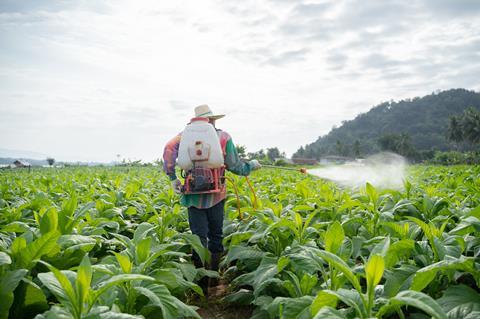
The EU has not acted on its 2020 commitment to ban the export of such pesticides, which include Syngenta’s paraquat, Bayer’s acetochlor and various neonicotinoids. However, some member states have acted independently. A Belgian law will come into force in 2025 but it covers a limited number of substances. France has banned the export of products, rather than active substances, meaning that some banned substances may still be exported. German discussions on an export ban have stalled.
‘The double standard on hazardous pesticides must come to an end,’ says Rina Guadagnini, policy officer at Pesticides Action Network, Europe, which commissioned the report. ‘If they are too toxic here, they are toxic everywhere. There are no obstacles preventing the EU from adopting strict measures. An export ban will hardly affect the EU economy but will send a powerful message against the spread of toxic chemicals in third countries, where pesticide companies are exploiting lax legislation. The EU must act now.’
The EU is the world’s number one exporter of agricultural pesticides, generating €6.6 billion (£5.6 billion) in 2022, excluding intra-European exports and imports, according to the report. EU-banned pesticides represent only a small proportion of the total volumes and value of exported agricultural pesticides – 5% in 2018 and 2% in 2019, says lead investigator Christophe Alliot of LeBasic, a civil society research group. ‘This assumes that banned pesticides were sold at the same price on average [as non-banned] which is a conservative estimate as banned pesticides have been developed for a long time, thus are now unpatented and most probably sold cheaper.’
The researchers analysed the likely impact of a total export ban. They calculated that the number of jobs potentially at risk would have been 213 in 2021 and 173 in 2022. However, the French ban in 2022 resulted in ‘negligible’ job losses, and when the team factored in this data, they calculated that an EU ban would probably have led to a loss of 25 jobs in 2022 across the whole region.
Hazardous pesticides can have a significant impact on importing countries, the report notes. About 385 million cases of acute pesticide poisonings occur each year, mainly in low- and middle-income countries, such as Morocco, South Africa, India, Mexico, Malaysia and Brazil. These banned pesticides made up as much as 71% of the total volume of pesticides imported by these countries from the EU in 2018. But the most exported EU-banned pesticides by volume are also some of the most toxic, which is a problem in low- and middle-income countries where pesticide regulations are often less stringent than in Europe. A ban would force these countries to find safer alternatives, the report says.
Fabrice Martin-Laurent, an agroecologist at the French National Institute for Agriculture, Food and Environment, says that legislation banning the sale and export of EU-banned pesticides could become an example for the rest of the world. ‘However, from the ethical point of view, the use of banned insecticides for disease vector control can be acceptable in certain cases such as DDT approved by the World Health Organization for prevention of malaria. [One must] also consider the cost–benefit of each banned pesticide for the third country to which it might be sold. [It might be necessary] to keep indispensable pesticides to cope with certain pests in certain specific crops.’
The industry association CropLife Europe was approached for comment.
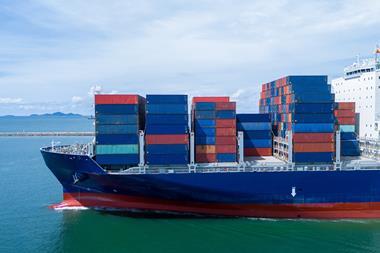

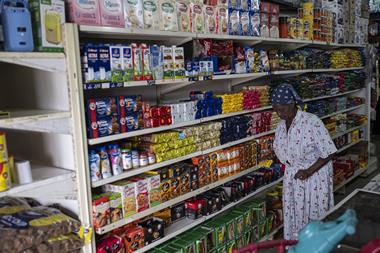

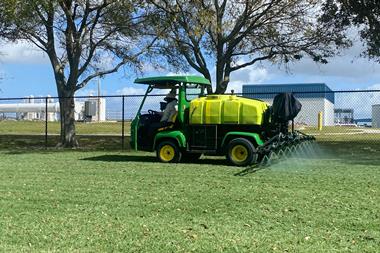
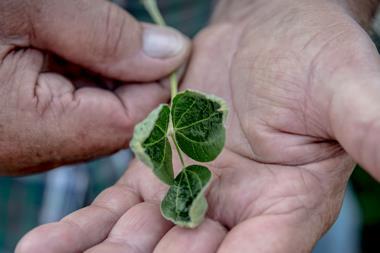






No comments yet